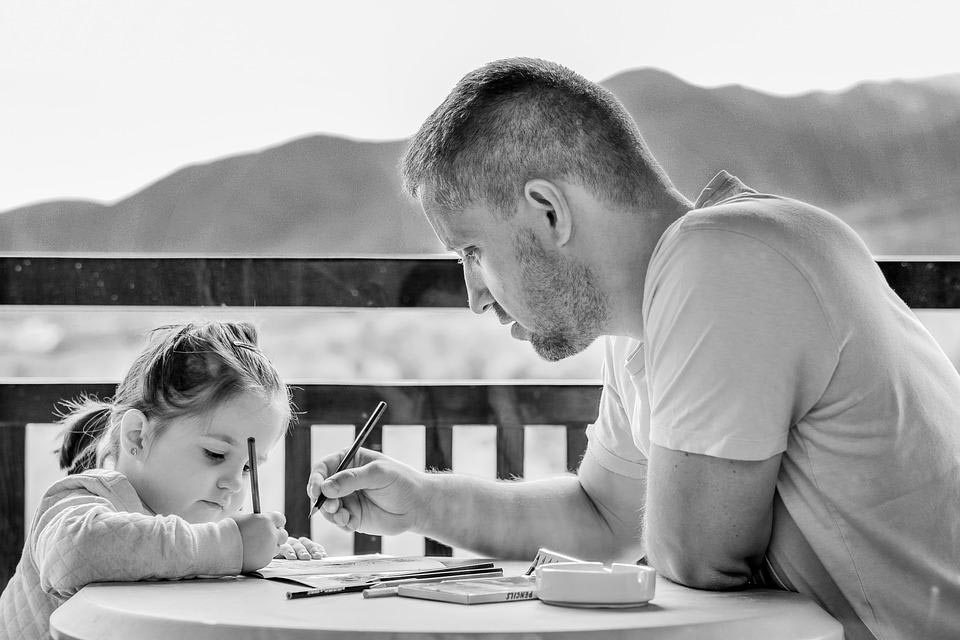Factors affecting learning

The child may be unable to cope with studies due to various factors. It is possible that certain styles of learning can make it difficult for a child to learn. Another reason could be the learner has some issues with himself or herself.
It is true that learning is not that simple and so it gets influenced by factors that are linked to the process, content, student, and teacher.
Here let us look at the factors affecting learning in much depth which include:
- Personal factors
- Environmental factors
- Teacher-related factors
- Content Related factors
- Process related factors
1. Personal Factors
The person who is involved in learning is the learner. The outcome of different types of learning is directly proportional to the characteristics of the learner.
Below are the personal factors which impact the learning process:
- Intellectual Factor
It means the mental level of an individual. All learners do not have the same potential to learn. Those who are slow learners have low intelligence and hence they face issues doing school work. The effectiveness of a learning process depends upon the learner’s capacity. He or she may not perform well in one subject but can do great in other. It requires special types of learning to make the process easy.
- Mental and physical health
A child who has some mental issues, cannot learn properly. On the other hand, a child who is mentally and physically fit can grasp things better.
- Aspiration level to learn
Learners who have high aspirations and understand things better can learn fast compare to those who do not aim to achieve big. It is important that the aspirations of a child match with his or her ability and may get disappointed. If you have high aspirations, you will work hard.
- Willpower to learn: One cannot learn without a will or motivation to learn. If someone has the will to learn, the ways come up on their own. All one needs to do is put in some effort.
2. Environmental Factors
- Teacher related factors
The teacher plays a major role in the process of teaching-learning and hence impacts the activities of children while learning.
- Knowledge of the subject: Children learn what the teacher teaches them and so it is important for a teacher to have proper knowledge regarding the topic or the subject. A good understanding of the subject is a must for a teacher.
- Teaching skills- A teacher may be aware of the subject but if he or she lacks in ability to teach, the learning gets affected. The teacher should possess the quality of a good educator which includes rational behavior, politeness, sympathy, etc. It will help in the smooth learning process.
- Ability to manage the class or learners- The learning process is impossible without proper management and a teacher should know how to control or manage the class.
- Personality: To make the process of learning fun, it is important to have a friendly personality. Teachers with a positive attitude are loved by students and create a good atmosphere in the class.
- Content related factors
- Type and nature of the content- Different styles of learning are related to the type and nature of the content and so the content quality matters. It is a fact that students cannot memorize meaningless materials. But if they are given content that conveys the right meaning or makes the right sense, learning turns easy. If learners feel they are connected to the content, the process of learning becomes quick for them.
- The difficulty level of content- For content, it is always checked, as to which grade or level of people can grasp it or how many difficult words are there in it. If the content has more than 20% or 30% tough words, it becomes difficult for the reader to understand it.
- Multi-Sensory Approach- It means using pictures, graphs, tables, and illustrations in the content. When you use them in the right amount, the learning becomes easy. It plays a major role in identifying what the subject is all about.
- Choosing the content: The content selection should be based on the interest of the learner. Also, it should match their abilities as it impacts the learning process to a great extent.
- Content access: As digitalization has grown so much, now a lot of content is available with few clicks. But to make it accessible to the learner is an essential task. At the same time, learners should enjoy learning it through different modes.
3. Process-related factors
It means the type of method used for teaching-learning experiences. Teachers should be aware of the right methods of teaching to get appropriate outcomes
- Learning by doing- If any subject requires practical learning, the learners should be made to do the task. Teachers can design ways to make the student participate in the activity.
- Sharing the status of progress in learning- Learners can perform better if they know how well they have understood the subject. It can be in form of the scores or grades or just a word of appreciation like excellent.
- Selecting the right method- Different types of learning involve various teaching methods such as heuristic or discussion methods. If the right method is implemented, learning turns easy for the student. For example, certain topics children can understand in a group and so teachers should use a group discussion method.
Hence, above are some major factors that teachers and learners should be aware of while starting a teaching-learning process. They play a major role in various styles of learning.
Read Also:
